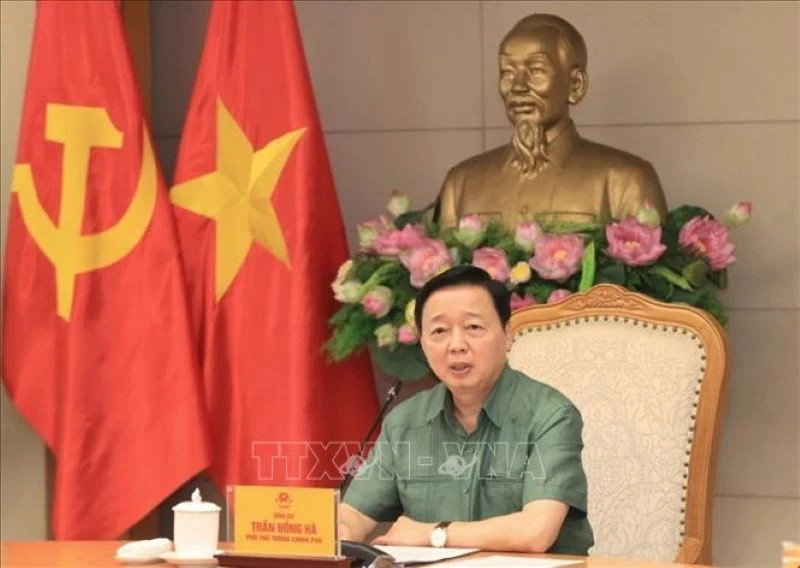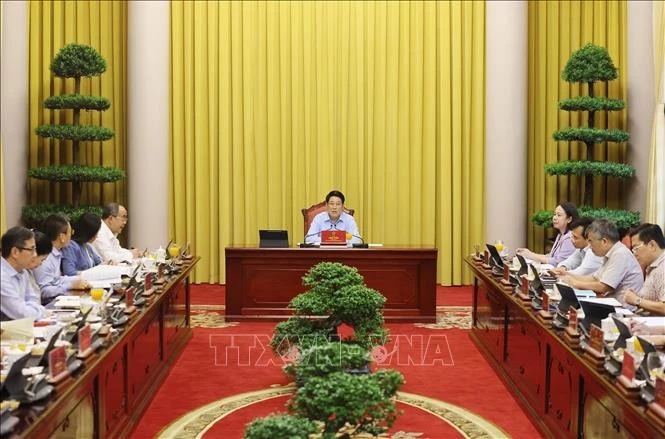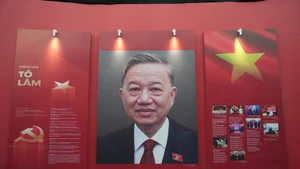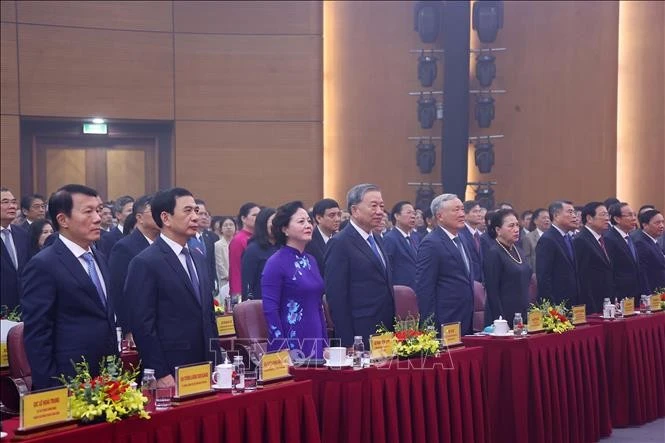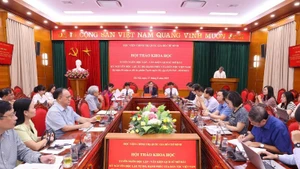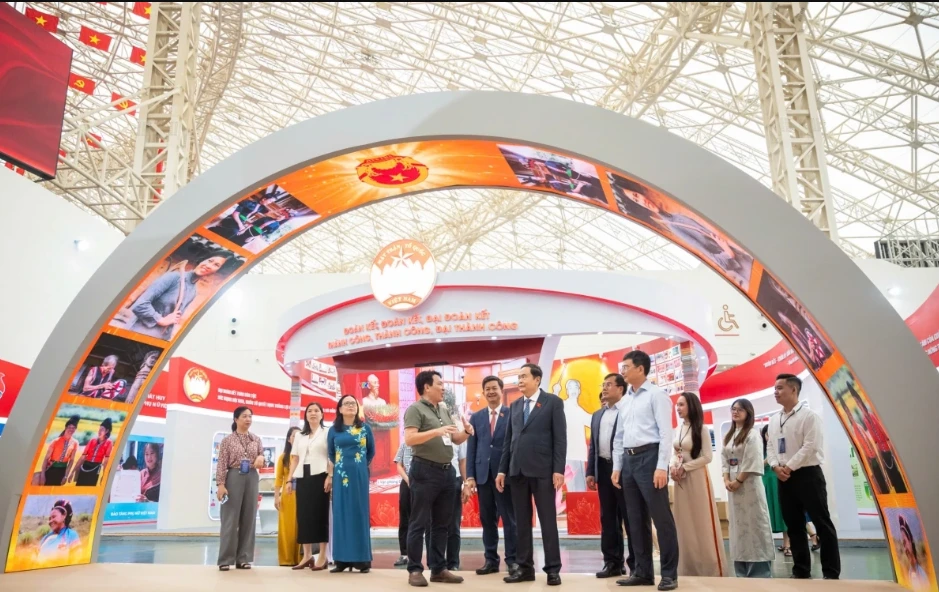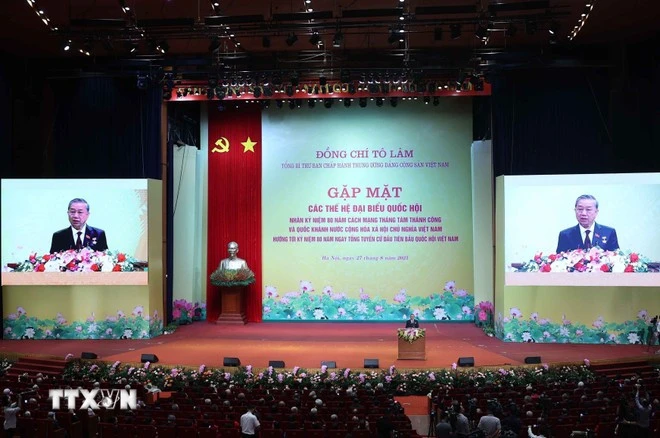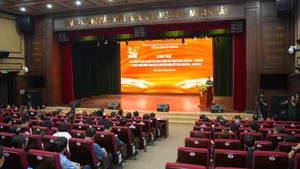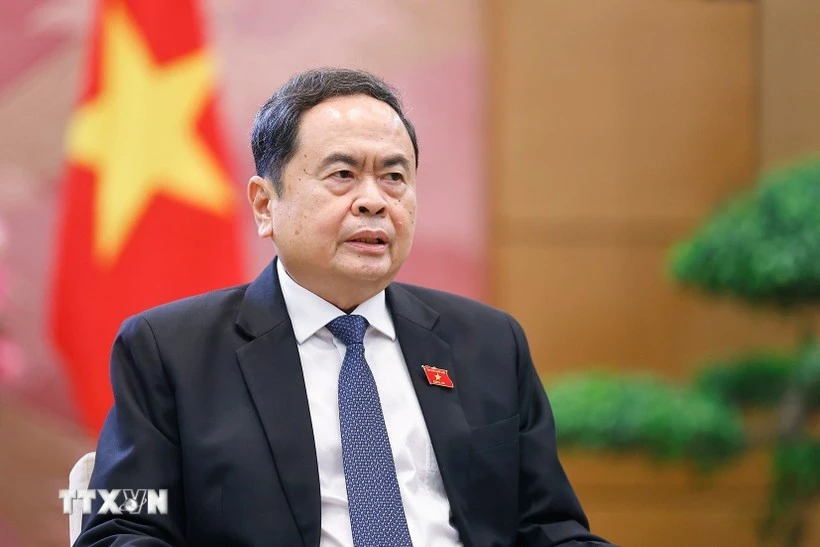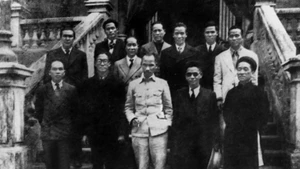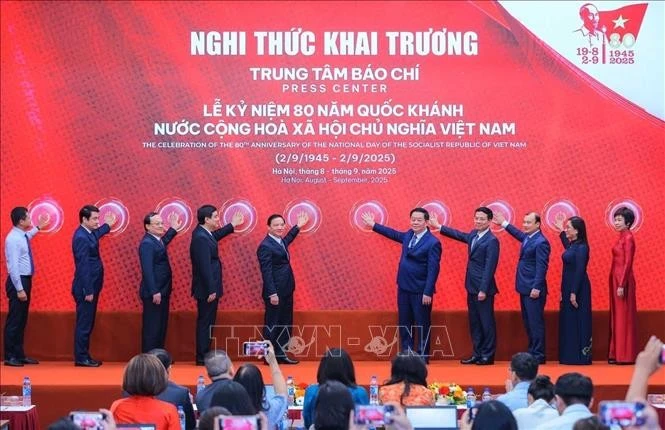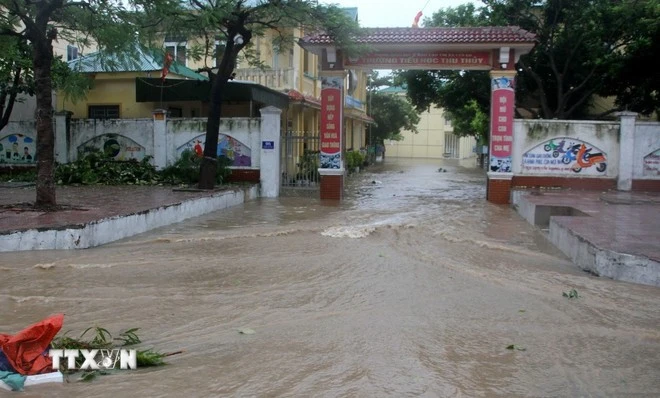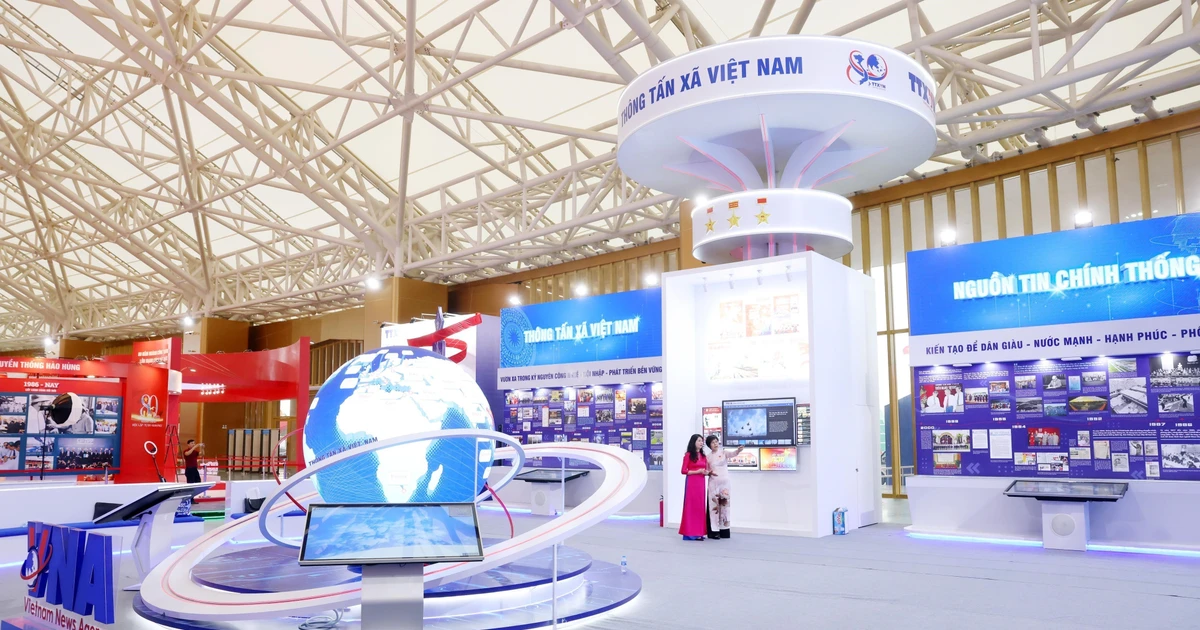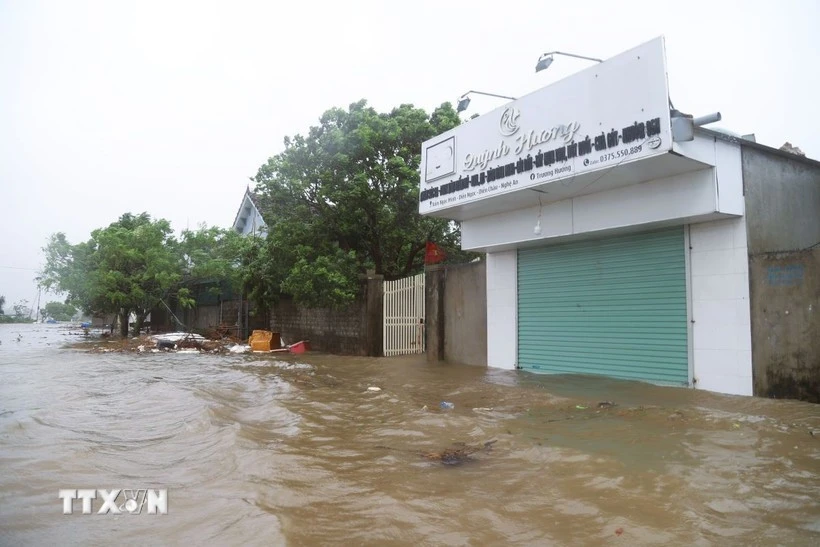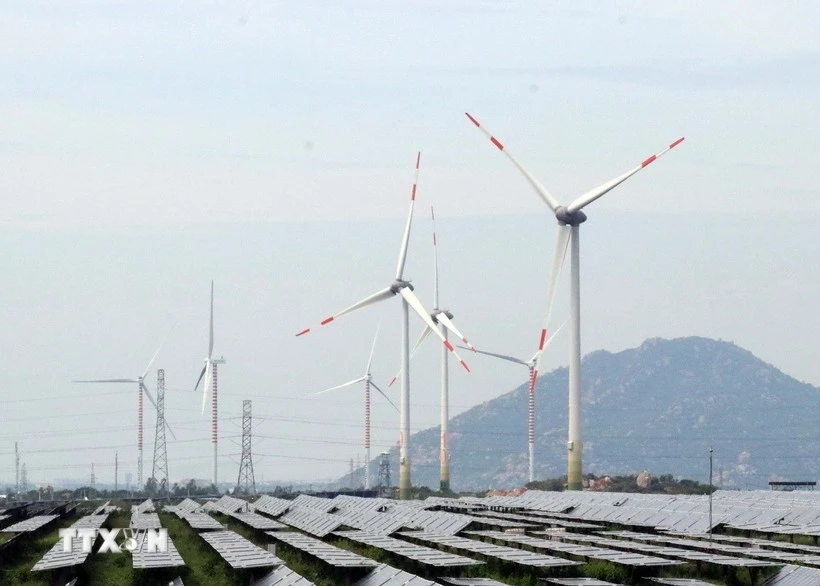The revised decree includes new regulations on the cultivation, development, and harvesting of medicinal plants within forested areas.
Concluding the meeting, Deputy Prime Minister Tran Hong Ha emphasised the need for stringent regulations governing the cultivation and harvesting of medicinal plants in special-use and protection forests. He noted that policy frameworks must vary based on local socio-economic conditions and infrastructure.
In particular, he stated that buffer zones surrounding special-use and protection forests must specify the types of medicinal plants permitted, cultivation methods, and other technical requirements. In core conservation zones, strict controls must be placed on quotas for harvesting naturally grown medicinal plants.
Regarding specific mechanisms and policies, the deputy PM stressed that the decree should include incentives for enterprises that partner with local communities to develop large-scale medicinal plant cultivation zones. These incentives should cover machinery and equipment, science and technology, credit access, land use, and the construction of storage facilities and processing workshops.
Such partnerships should aim to build local and national medicinal plant product brands that meet international standards and are eligible for export, thereby creating value chains that benefit both producers and processors.
He also underscored the importance of fostering community participation, stating: “Preserving forests begins with supporting the people who live there.” Livelihoods must be ensured through sustainable policies on medicinal plant development and harvesting.
Administrative procedures and documentation must clearly define beneficiaries and methods of implementation, allowing local authorities to carry out their responsibilities effectively under delegated powers.
